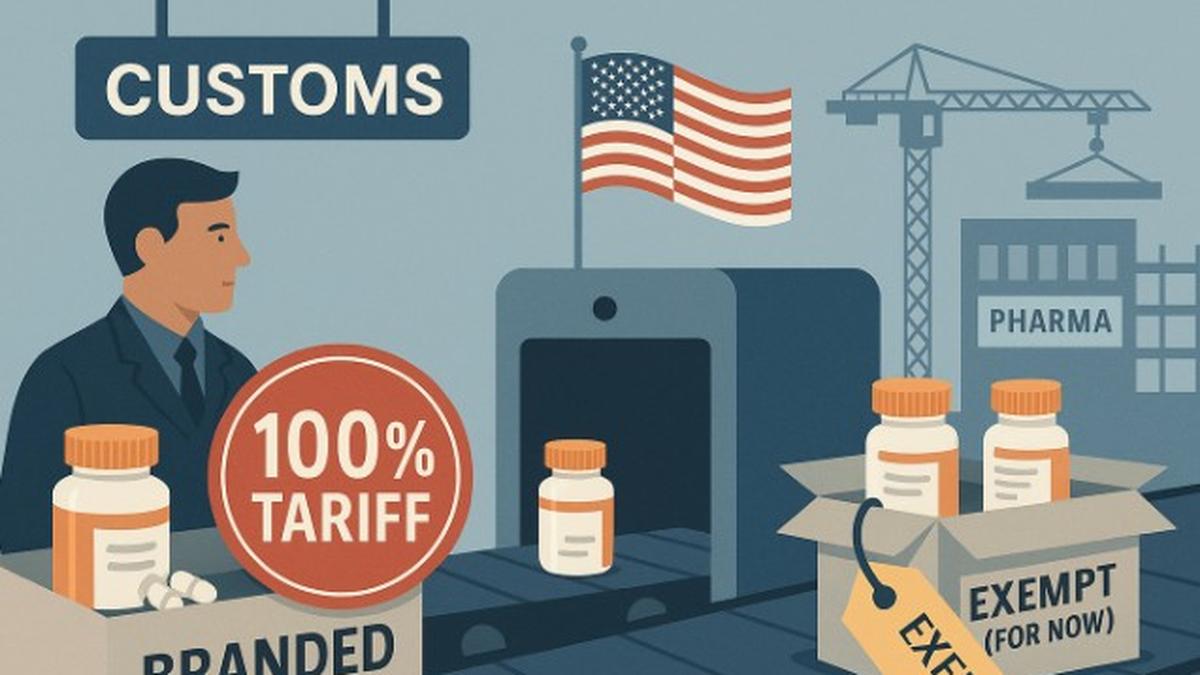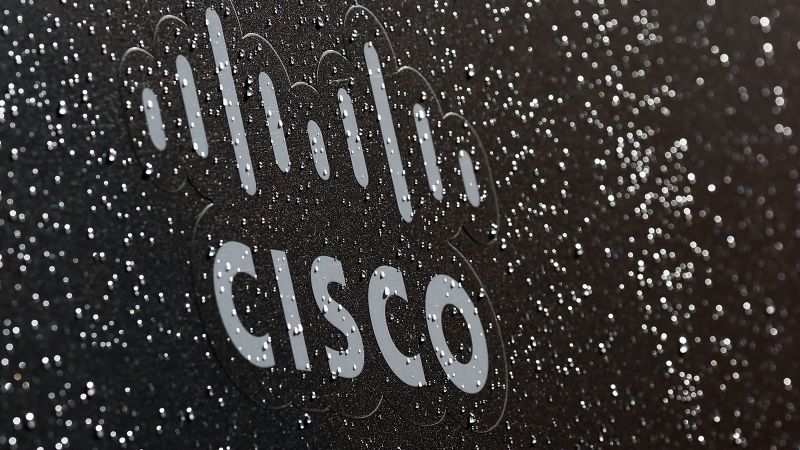Massive Cyberattack Shuts Down Jaguar Land Rover – Is This the End for UK’s Iconic Brand?

What if we told you that one of the UK’s most beloved automotive brands was brought to its knees by cybercriminals? That’s exactly what happened to Jaguar Land Rover (JLR) this year, marking a devastating low point for the iconic carmaker.
In March, JLR experienced two significant hacks, but the real nightmare unfolded just as executives returned from summer holidays. On August 31, a cyberattack crippled operations, halting global production and leaving dealers unable to register new vehicles. Thousands of workers were sent home, and the situation escalated as the company prepared for the peak sales week in September, coinciding with the release of the new “75” number plates.
This breach has been described as one of the most significant in British history, with estimates suggesting JLR has already suffered a staggering £2.2 billion hit to revenue. Insiders report a frantic pace of “Cobra-style meetings” aimed at crisis management, with leadership teams working around the clock to restore normalcy. Despite the overwhelming odds, they maintain a firm stance on ensuring employee well-being and efficient operation.
JLR’s troubles didn’t end with the August attack. The company’s IT partner, Tata Consultancy Services (TCS), has faced scrutiny due to its role in previous breaches, raising questions about its security measures. As inquiries mount, the tragic irony is that the cybercriminals might have exploited vulnerabilities that JLR had previously overlooked, leading to this catastrophic event.
The impact of this attack ripples beyond just JLR, affecting hundreds of suppliers across the UK, particularly in the West Midlands—an area that heavily relies on the automotive industry. With about 30,000 direct employees at JLR and 100,000 in the supply chain, the fallout poses a serious threat to the livelihoods of many families. For these communities, the stakes have never been higher.
The situation has prompted government discussions regarding potential financial support for the beleaguered supply chain. However, any intervention will likely come with high barriers to prevent setting a precedent for businesses facing similar issues. It highlights a broader concern within the industry—can JLR survive this crisis without jeopardizing its network of suppliers?
As the company prepares to resume production on October 1, the leadership team is acutely aware of the responsibility they carry for a vast ecosystem dependent on their success. For Jaguar Land Rover, the road to recovery is fraught, but it’s a journey they must undertake—not just for their own sake, but for the thousands relying on them.






















